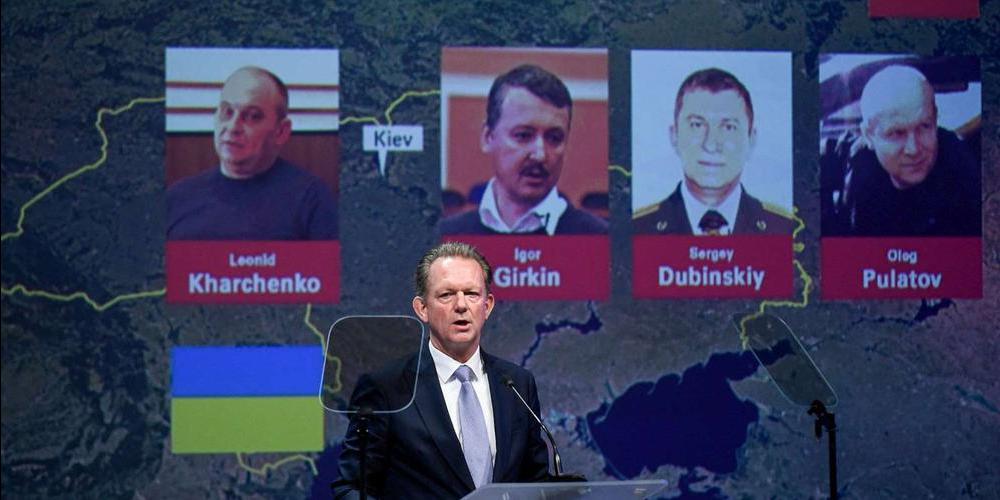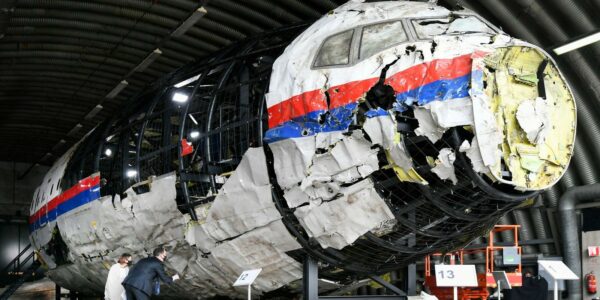Nearly eleven years after the MH17 tragedy, the International Civil Aviation Organization (ICAO), the UN agency responsible for regulating air transport, has concluded that Russia failed to meet its international obligations in connection with the downing of the aircraft over eastern Ukraine in 2014.
On July 17, 2014, Malaysia Airlines Flight MH17, a Boeing 777 traveling from Amsterdam to Kuala Lumpur, was shot down mid-flight over the Donetsk region, then controlled by pro-Russian separatists. All 298 people on board were killed. An international investigation determined that the aircraft was struck by a BUK surface-to-air missile, a weapon system of Russian origin.
Despite overwhelming evidence, Moscow has consistently denied any involvement in the launch that caused the deaths of nearly 300 civilians. As recently as this Tuesday, the Kremlin rejected ICAO’s findings.
For the victims’ families, this decision marks a turning point. The Australian government hailed it as “a historic moment in the pursuit of truth, justice, and accountability.” Dutch authorities, for their part, announced that ICAO would review possible legal reparation mechanisms in the coming weeks.
On the judicial front, a trial took place in the Netherlands starting in 2020. In November 2022, three of the four accused—two Russian nationals, Igor Girkin and Sergey Dubinsky, and a Ukrainian national, Leonid Kharchenko, affiliated with the separatist forces—were convicted in absentia and sentenced to life imprisonment for their role in transporting the missile that killed all 283 passengers and 15 crew members.
According to the conclusions of the international investigation made public after eight years of work, Russian President Vladimir Putin is believed to have personally approved the delivery of the missile system to pro-Russian separatists. However, no direct evidence has yet confirmed his involvement in the launch itself.

Prosecutor Fred Westerbeke reveals the identities of the four suspects in June 2019
© Photo credit: AFP Archives

